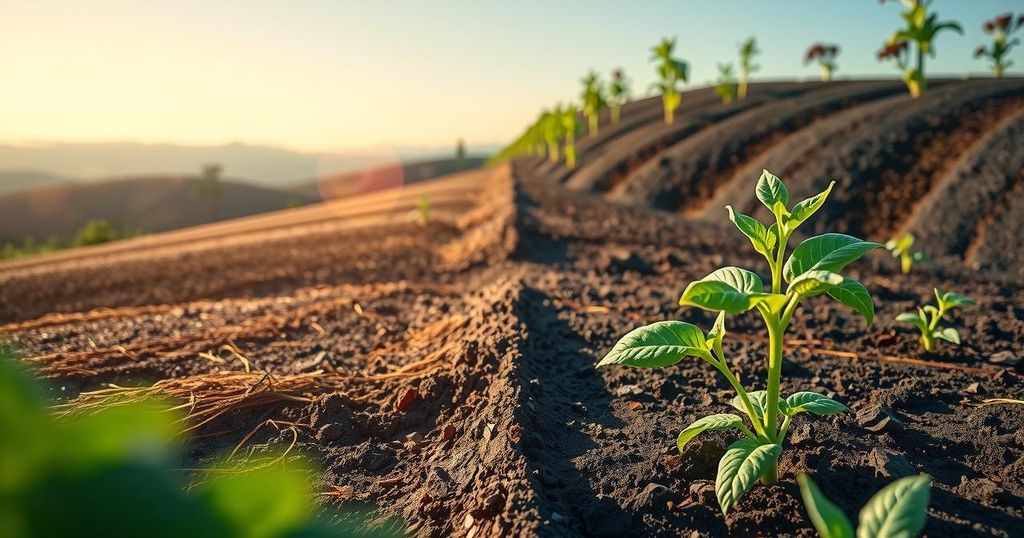Bolivian farmers are faced with a choice between continuing to burn land for agriculture or planting trees to mitigate droughts. Following last year’s devastating wildfires, which destroyed 10.7 million hectares of forest, this decision is critical for sustainable farming and environmental health.
In the aftermath of Bolivia’s severe wildfires, farmers are confronted with a critical decision: either to continue utilizing fire as a method for land clearing in pursuit of agricultural expansion or to adopt afforestation practices to combat the increasing severity of droughts. This dilemma emerges against the backdrop of last year’s devastating fires that consumed approximately 10.7 million hectares of dry tropical forest, a region comparable in size to Portugal, according to the Bolivian Institute for Forest Research (IBIF). The decision holds significant implications for both the region’s environmental stability and agricultural practices.
In summary, Bolivian farmers are at a crossroads as they consider the long-term impacts of their agricultural methods in light of recent catastrophic wildfires. The choice between burning land and planting trees is not merely economic but also pivotal in addressing environmental challenges such as extreme droughts moving forward. The restoration of forests may prove essential for ecological balance, representing a crucial step towards sustainable agricultural practices.
Original Source: www.cbs19news.com




